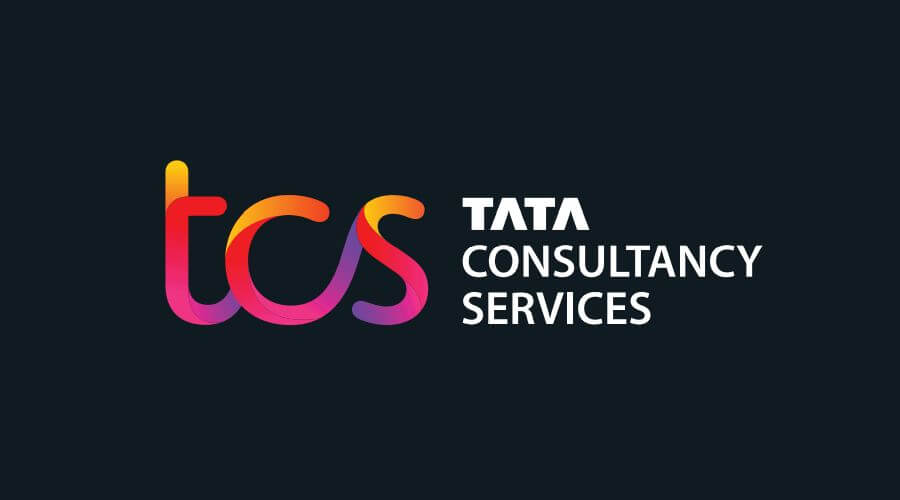The recent layoffs at Tata Consultancy Services (TCS) in India, involving approximately 12,200 middle and senior management positions, have sparked considerable debate about the future of the tech sector and the impact of artificial intelligence (AI) on employment. While TCS has attributed these reductions to skill mismatches, many industry observers believe this is the beginning of a larger trend of AI-driven restructuring within India's $283 billion IT services industry.
TCS, with over 613,000 employees before the cuts, is India's largest private employer and often serves as a bellwether for the entire outsourcing industry. The company's decision to reduce its workforce by roughly 2% has led to speculation that other IT firms may follow suit as AI becomes more pervasive in various tasks. Ray Wang, founder of Constellation Research, suggests that this is a "massive transition" that will transform white-collar work, potentially leading to further job losses as AI tools become more widespread.
The Indian IT sector has been a significant engine of middle-class growth, employing 5.67 million people and contributing over 7% of India's GDP. However, as clients increasingly demand faster delivery and lower costs, AI is being implemented to automate tasks ranging from basic coding and manual testing to customer support. This shift is causing concern about potential job displacement, with estimates suggesting that 400,000 to 500,000 professionals could be at risk of being laid off in the next two to three years due to their skills not matching client demands. A significant portion of those affected, around 70%, are expected to have between four and twelve years of experience.
Tasks that involve identifying bugs, conducting manual tests, and managing routine infrastructure support are particularly vulnerable to automation. Clients are seeking productivity benefits and cost optimization, which is driving the trend of AI adoption. IT firms are being asked to accomplish more work with the same number of employees, further incentivizing the integration of AI solutions.
During previous technological shifts, organizational restructuring often absorbed the impact, but with AI, the responsibility increasingly falls on individuals to reskill and reinvent themselves. TCS has stated its commitment to becoming "future-ready" by investing in new technologies, entering new markets, deploying AI at scale, and realigning its workforce model. However, the company has not specified the direct link between the layoffs and AI adoption, or how many affected employees can be redeployed.
The rise of AI is impacting the job market, especially affecting younger tech workers in entry-level positions. Many junior tech roles involve routine tasks that AI can perform efficiently, leading to job losses among younger professionals. Adaptability and continuous learning are crucial for young tech professionals to thrive in an AI-driven labor market. Skills that complement AI, such as creativity, strategic thinking, and interpersonal communication, are becoming increasingly essential. Employers should invest in reskilling programs to help workers evolve alongside technology, and education systems should integrate AI literacy and critical problem-solving into their curricula.
However, some experts argue that AI's impact on job losses may be overstated. While AI is automating certain tasks, it is also creating new jobs in areas such as AI development, data science, and machine learning. The technology is beginning to take a toll on developers in the tech industry, it's actually “modestly” created more demand for engineers outside of tech. Other sectors, like manufacturing, finance, and healthcare, are adopting AI tools for the first time, so they are adding engineers to their ranks in larger numbers than before. Instead of replacing IT workers, AI can augment their capabilities by handling repetitive tasks and providing real-time insights, allowing them to focus on higher-level functions like strategic planning and problem-solving.

















